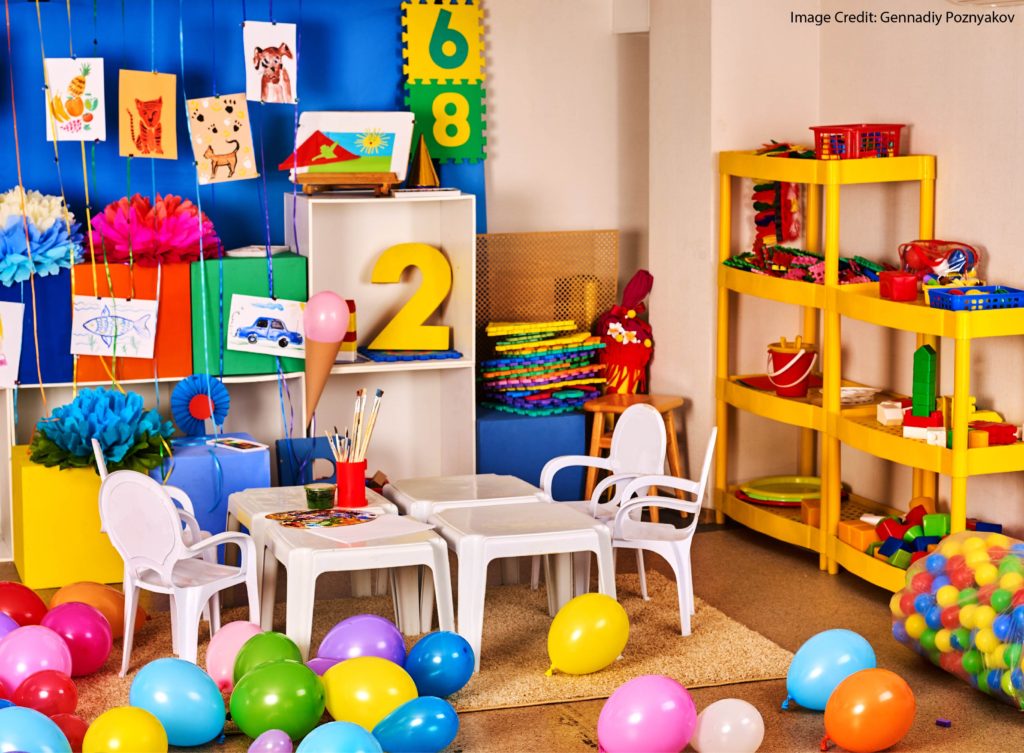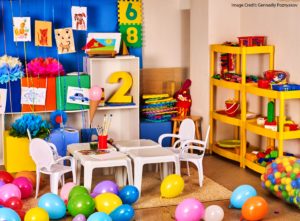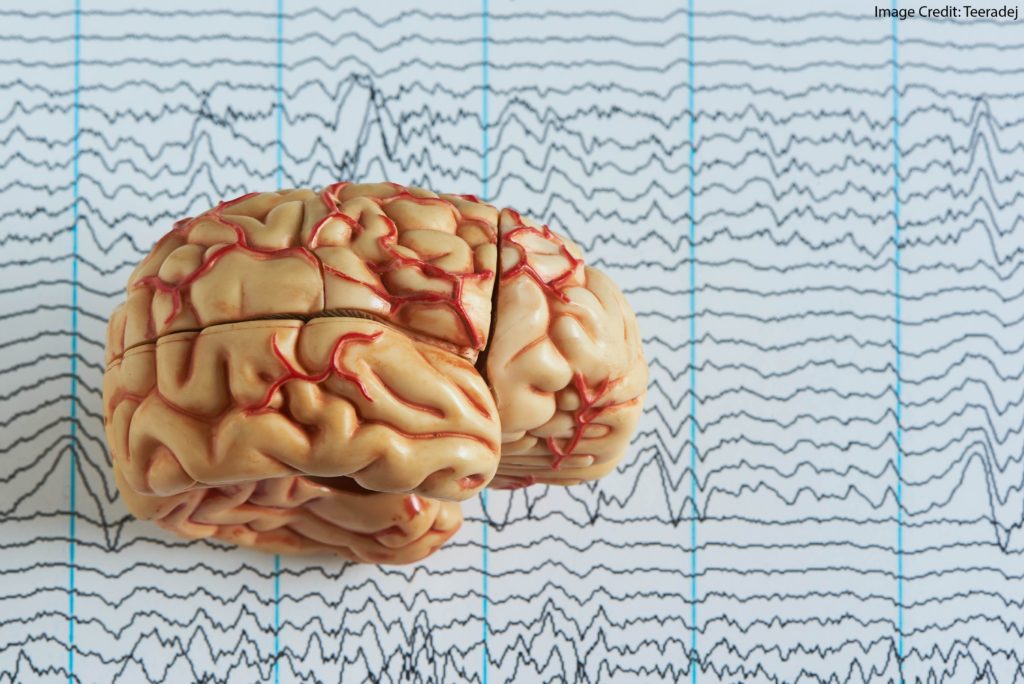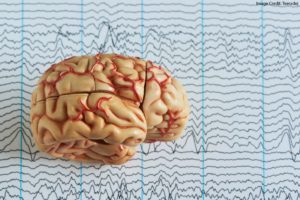At the beginning of July, we started an in-depth series of posts about working memory.
For starters, we learned how to define it: “a short-term memory capacity that selects, holds, reorganizes, and combines relevant information.” (Handy acronym: SHREK.)
We then focused on its key features. It’s essential for classroom learning. It’s alarmingly small. And we can’t make it bigger (artificially).
For all those reasons, teachers need to be experts at anticipating WM overload. For example: look out for these Dark Sides of the Force.
And, we need recognize WM overload when it happens. (That student who forgot his question while his hand was in the air? That was probably a working memory problem.)
Today’s task: start SOLVING all those problems that we anticipated and recognized.
Solutions, Part I: Rely on Long-Term Memory
First: connect new information to information that students already have in their long-term memory.
Why does this strategy work? Because ideas and facts in LTM require much less working-memory processing than information coming in from the outside world.
And so: if a new idea resembles something in LTM, then that pre-existing knowledge acts as a kind of cognitive crutch.
For example, whenever I teach my students about gerunds, I teach them the Beyoncé rule:
If you like it then you should have put an -ing on it.
My students already have that catchy tune in their heads. By attaching a new grammatical rule (“all gerunds end with ‘-ing’ “) to that catchy tune, I reduce its WM demands.
As a bonus, I also make them laugh.
Second: explicitly teach core facts and processes.
“Rote memorization” of “random facts” has gotten a bad reputation. It seems so not-21st-century.
Alas, we can’t think without knowledge.* If our students have already learned the foundational ideas, definitions, dates, and processes before they start grappling with complex cognitive work, they’re much more likely to succeed.
Why? Because all that prior knowledge in long-term memory reduces WM load.
Solutions, Part II: Spread Cognitive Work Over Time
This solution is so helpfully straightforward.
If a lesson plan overwhelms WM because it includes too much information RIGHT NOW, then don’t include all of it right now. Spread it out.
In some cases, that simply means reorganizing the lesson plan. Let students practice the first topic they learned before they move on to the next one.
Once they’re comfortable with a particular mental process, they’re ready to take more ideas on board. (Barak Rosenshine, I’m looking at you.)
In other cases, you might reconsider if this information needs to be included immediately.
Are you students struggling with several instructions? Spread them out.
Here’s a handy strategy: give one instruction, and wait for all students to complete it before giving the next. (I got this advice at the very first Learning and the Brain conference I attended. Pure magic.)
Note, too, how exceptions can be postponed.
In French, “all nouns that end in -ette are feminine.” Knowing that rule reduces students’ WM load: they have fewer variables to juggle as they tinker with adjectives and pronouns.
That rule, however, has an exception: “squelette” is masculine. But — this is crucial — my students don’t need to know that right now. Why would they need the word “skeleton”?They’re not watching CSI Paris.
So, I can reduce WM load by leading with the rule and postponing exceptions until they’re necessary. (You can alert your students that exceptions might show up later, so they don’t lose faith in your expertise.)
If you anticipate or recognize WM overload, ask yourself if you can put off some of this cognitive work until later in the lesson plan…or, later in the syllabus.
Solutions, Part III: Make Cognitive Work Auditory AND Visual
Schools rely a great deal on auditory processing. That is: students listen to us — and to each other — talking.
However, working memory has both auditory and visual processing capacity. If we use only half of it, we’re leaving substantial cognitive resources untapped. It’s like asking students to carry a heavy box using only one arm. Two arms would be So Much Easier.
This approach leads to some very straightforward strategies. Verbal instructions take up lots of working memory capacity. Written instructions take up less — because students don’t have to “select” or “hold” them.
Oliver Caviglioli has just written a genre-defining book on combining visual and verbal information: Dual Coding with Teachers. If you want to focus on this teaching strategy to reduce WM load, you should get your copy ASAP.
Solutions, Part IV: CUT
Let’s take this hypothetical:
You look at your lesson plan, and anticipate a great deal of working-memory overload. So, you start using these strategies.
You find ways to connect new information to ideas students already know (solutions, part I).
You find ways to spread information out over time (part II).
You move lots of WM labor into the visual realm (part III).
And yet, you still worry the working-memory load might be too high. What can you do?
You’ve really got only one choice: take stuff out of the lesson plan — and maybe the syllabus. You’ve got to cut.
That’s a troubling answer. We don’t want to cut, because we want our students to learn it all. (And, we might be required to cover lots of things.)
But, here’s the reality: if my lesson plan/syllabus overwhelms my students’ working memory, then their cognitive processes will shut down. That is: their brains will cut stuff out automatically.
If I know that’s going to happen, the only responsible course of action is to make those cutting decisions for them. After all, because I’m the teacher, I know better which parts can be cut without long-term harm.
The Good News about Part IV
By the way: there is some hidden good news in this strategy. If we cut material from an overstuffed syllabus today, then our students are much likelier to learn the remaining ideas than they were before.
As a result, they’ll be better positioned to learn the ideas that come later in the curriculum.
As is so often the case: less might be more. That is, less information early in the curriculum might lead to more learning by the end of the year. Why? Because “less” allowed students to use their working memory more effectively, and hence create more long-term memories.
Concluding Thoughts
I’ve named several strategies here, and given quick examples.
However, to get the most from these ideas, you will adapt them to your own circumstances. As you’ve heard me say before: “don’t just do this thing; instead, think this way.”
That is: once you’ve started THINKING about working memory in your classroom with your students and your curriculum, you’ll see your own way to apply each strategy most effectively.
No one else can tell us exactly how to do it. Using our teacherly insight, wisdom, and experience, we will shape those ideas to fit the world in which we teach.
In sum: once we anticipate and recognize working memory overload, we’ve got many (MANY!) strategies to reduce that load. And, those strategies are flexible enough to work in every classroom. The result: our students learn more.
* If you’re skeptical about the importance of prior factual knowledge, you’re not alone. But, the research here is compelling. Check out
Why Don’t Students Like School? by Daniel Willingham
Seven Myths of Education by Daisy Christodoulou
Making Kids Cleverer by David Didau



















